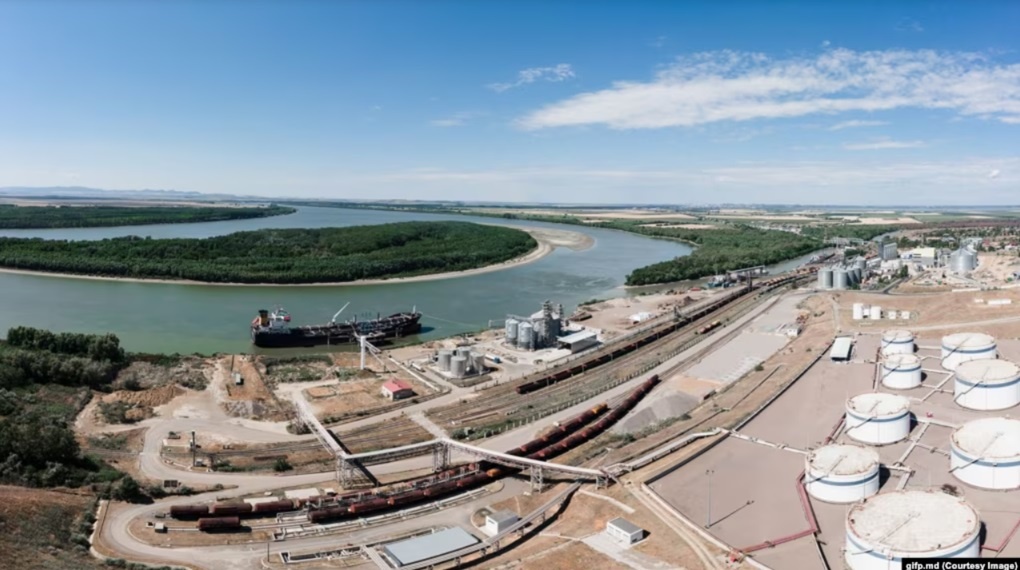The Council for the Examination of Investments of Importance for State Security has approved the request of the National Company “Administration of Seaports” from Constanta, Romania, to acquire 100% of the capital of Danube Logistics SRL, the current operator of the International Free Port of Giurgiulesti on the border with Odesa region.
Romania intends to invest more than EUR 24 million in the modernization of the port, Radio Svoboda Molova reported.
The plan includes the construction of terminals with ramps and containers, modernization of the railway, expansion of storage facilities, digitalization of activities, and implementation of energy efficiency and green transition solutions.
There are two separate port companies in Giurgiulesti: The International Free Port, operated by Danube Logistics and owned by the European Bank for Reconstruction and Development (EBRD), and the state port, owned by the government of the Republic of Moldova. Chisinau authorities have previously stated that the state port is not for sale.
The Giurgiulesti International Free Port is a port located 133.8 kilometers from the Black Sea, on the left bank of the Prut and Danube rivers, formed in 2006 as a result of Ukraine’s transfer of 430 meters of the Danube and Prut coastline to Moldova, making it the only port in Moldova with access to the Black Sea.
Romania has publicly announced its intention to take control of the port in 2023. And in April 2025, the National Company “Constanta Seaports Authority”, subordinated to the Ministry of Transport of Romania, put up for auction a contract for 2 million lei for the purchase of consulting services for the acquisition of ICS Danube Logistic, the majority owner and operator of the port of Giurgiulesti in the Republic of Moldova.
ICS Danube Logistic is a Dutch company owned by the European Bank for Reconstruction and Development. Since 2004, it has been controlling and managing the port of Giurgiulesti. The contract with the consultant will be valid for six weeks from the date of its signing.
Moldova received the site for the port from Ukraine in exchange for a plot of land with a road near the village of Palanca in Moldova’s Stefan Voda district, which is owned by Ukraine. In 2006, an oil loading terminal was built there, and in 2009, a cargo and passenger seaport was built.
